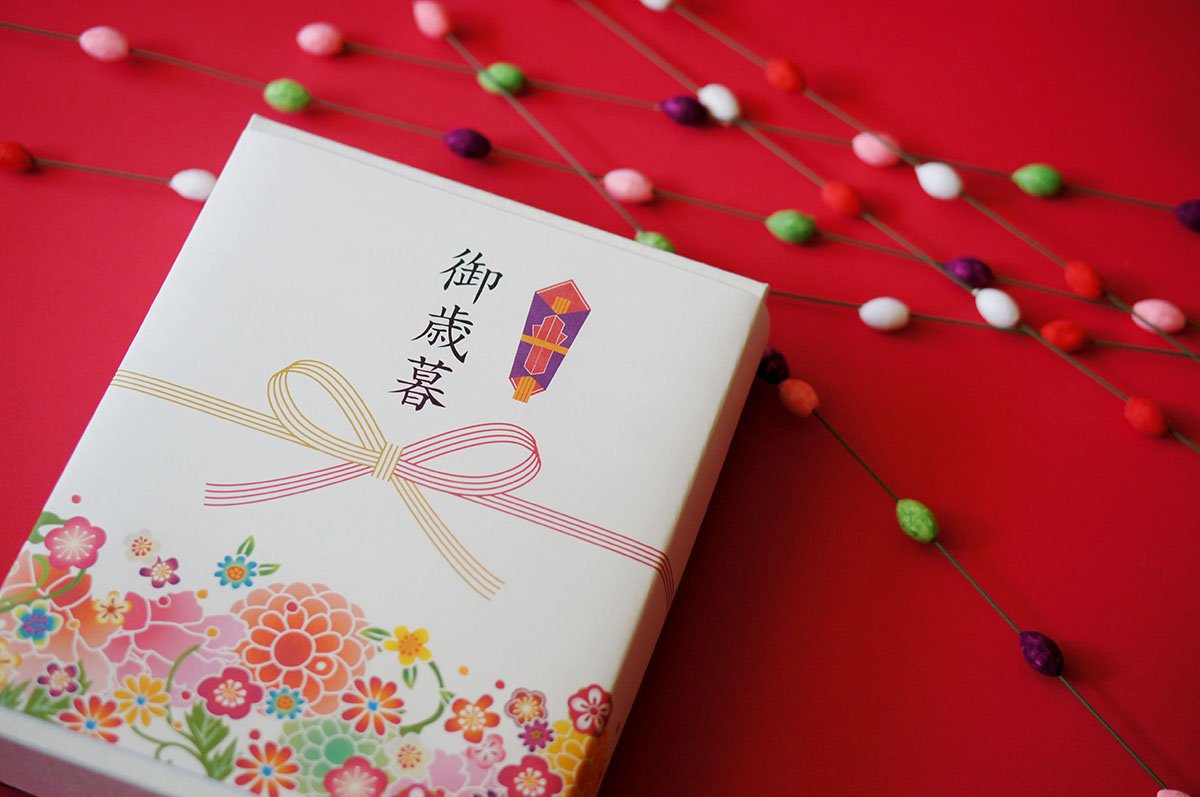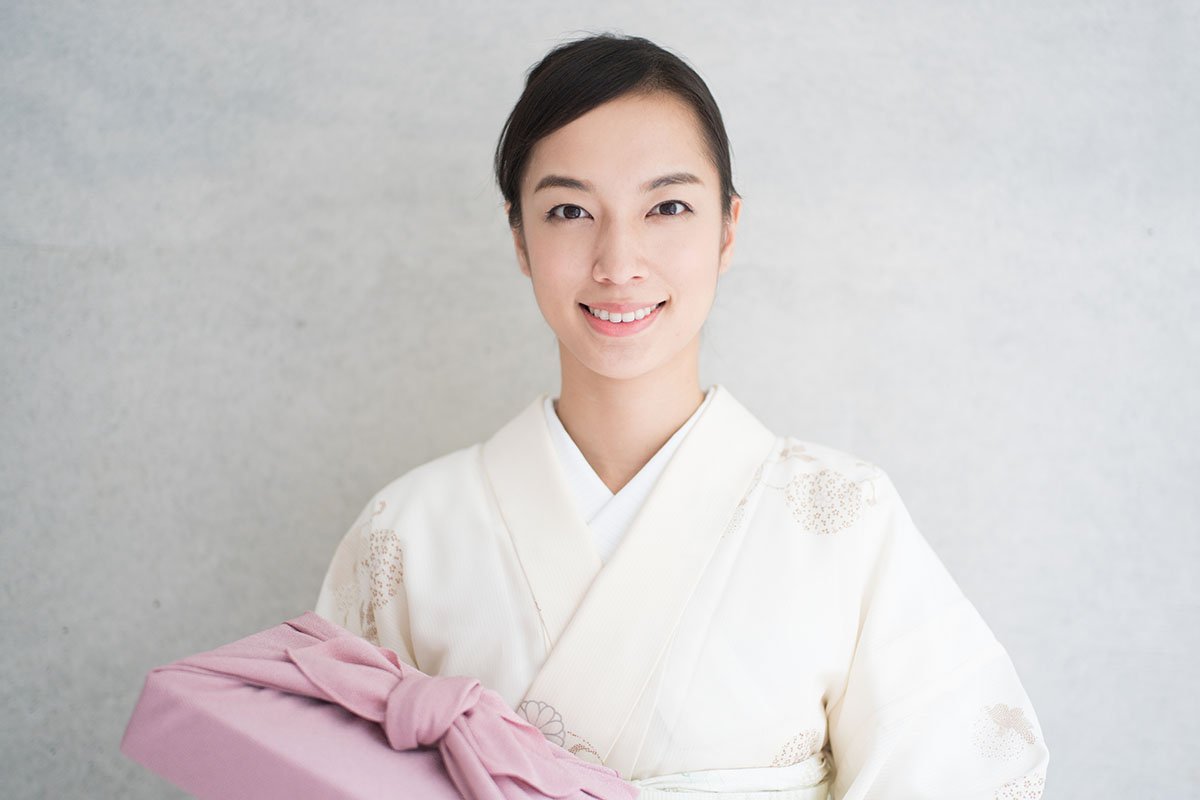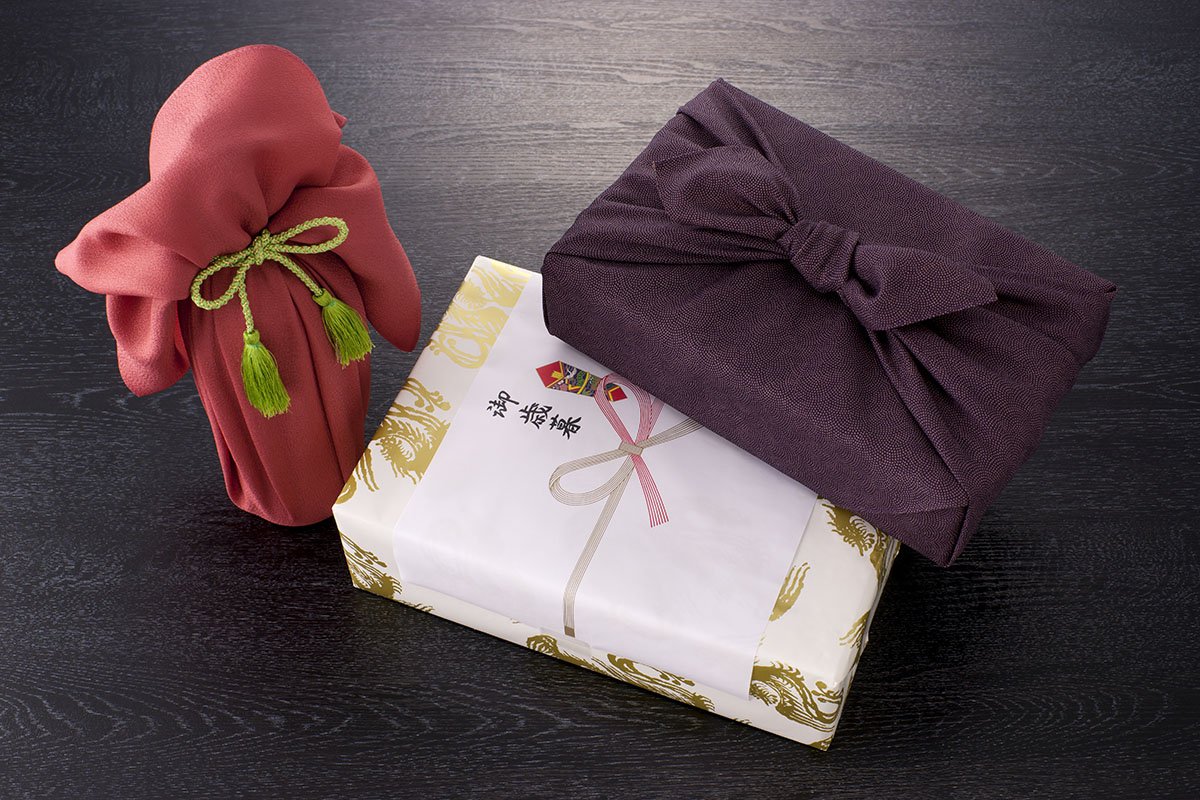"I want to give a year-end gift to my important boss or someone who has helped me!"
However, I think there are many people who are worried because they don't understand the meaning and etiquette of year-end gifts.
Also, if the person lives far away from you, you may be unsure of when to send a year-end gift without being rude.
In this article, we will explain in detail the origins and origins of the year-end gift culture, as well as gifts that would be appreciated, all of which you need to know in order to make the recipient happy.
What is the culture of year-end gifts?

First of all, seibo originally refers to December, the end of the year. It is also a seasonal word for December.
And as a culture, oseibo is the custom of giving gifts at the end of the year to express gratitude to people who have always been kind to you. From the custom of oseibo circling, the gifts themselves came to be called oseibo.
The origin of oseibo
In ancient Japan, a festival to welcome the spirits of ancestors was held during the New Year.
It is said that the custom of sending offerings from the bride's new home to her parents' home, and from the branch family to the main family, is the root of the year-end gift. Over time, this culture evolved into gifts to those who have helped you.
When should you give year-end gifts?

Originally, oseibo gifts were a way to send end-of-year greetings, so it is considered ideal to send them at the end of the year or before the end of the year.
However, there are some theories that the exact time varies depending on the region, as follows:
Hokkaido, Hokuriku, Kyushu, Okinawa: December 13th to December 20th
Tohoku and Tokai regions: December 13th to 25th
Kanto: Early December to December 31st
Tokai, Chugoku, Shikoku: December 13th to 25th
●Kansai: December 13th to December 31st
Try adjusting the delivery time depending on where the recipient lives.
If I miss this period, will I no longer be able to send year-end gifts?
If oseibo is meant as a way of greeting and expressing gratitude, it is not impossible to send it even if you miss the deadline. However, if you miss the deadline too much, it will no longer be part of the oseibo culture.
By the way, if a year-end gift that didn't make it in time arrives by January 7th, you should write "O-New Year's greetings" on the envelope. If it arrives even later than that, it is common to write "Kanchu-omimai" (cold greetings), and if you are sending it to someone of higher rank, it is common to write "Kanchu-go-shi" (cold greetings).
In recent years, more and more people are choosing to send gifts at the end of November rather than during the busy end of the year. In addition, if you are sending fresh produce, you may want to send it towards the end of the year so that the recipient can enjoy it during the New Year holidays.
What kind of year-end gift should I choose?

The key to choosing a year-end gift is to follow the etiquette below and choose something that the recipient will be happy with.
What should I give as a year-end gift?
After receiving gifts, there are usually more opportunities for family and relatives to gather around the New Year. Therefore, gifts that the whole family can enjoy and seasonal gifts such as the following tend to be well received.
Hot pot set
●Japanese sake
●Beer
●Shochu
Coffee
●Sweets
Ham, etc.
It's also a good idea to match the tastes of the person you're thanking. You could choose a year-end gift based on their favorite type of alcohol, for example.
Are there any items that should not be given as year-end gifts?
The following items are generally best avoided as year-end gifts:
●Things that lead to mnemonics such as 4 and 9
Plants with inappropriate flower meanings
● A blade that evokes the idea of "cutting"
● Socks and entrance mats that are "stepped on"
● Writing implements and watches that represent "diligence"
Writing utensils and watches are considered rude to superiors.
Also, when giving fresh produce, which is appreciated during the New Year holidays, it is best to check the recipient's schedule so that they can eat it while it is fresh. Oseibo, which also conveys gratitude along with the gift, also requires consideration for those who have helped you.
Is there a price range for year-end gifts?
When deciding on the price of a year-end gift, it is best to consider your relationship with the recipient. However, we recommend keeping the following market prices in mind as a guideline.
● Parents, relatives, acquaintances: 3,000 to 5,000 yen
● Your boss or someone who has been particularly helpful to you: 5,000 to 10,000 yen
However, if you are giving both mid-year and year-end gifts to the same person, it is reasonable to think of an amount about 20 to 30 percent more expensive than the mid-year gift. When deciding on the gift and price range, be sure to keep in mind that it should not be a burden on either party.
summary
Oseibo originated from a New Year's event to welcome the spirits of ancestors.
As a result of this gradual cultural shift, the modern custom of sending gifts to superiors, relatives, and others who have helped you was born.
The typical time to give year-end gifts is towards the end of the year.
However, depending on the region, the custom of sending year-end gifts may be practiced at slightly different times. Therefore, when sending year-end gifts to important people who live far away, be sure to check the recipient's schedule for receiving the parcel. This will show your consideration for the recipient.
This article has been partially re-edited by KARUTA from an article originally published on "Nihongo Biyori."
Any unauthorized reproduction or use of the contents, text, images, illustrations, etc. of this website is strictly prohibited.
